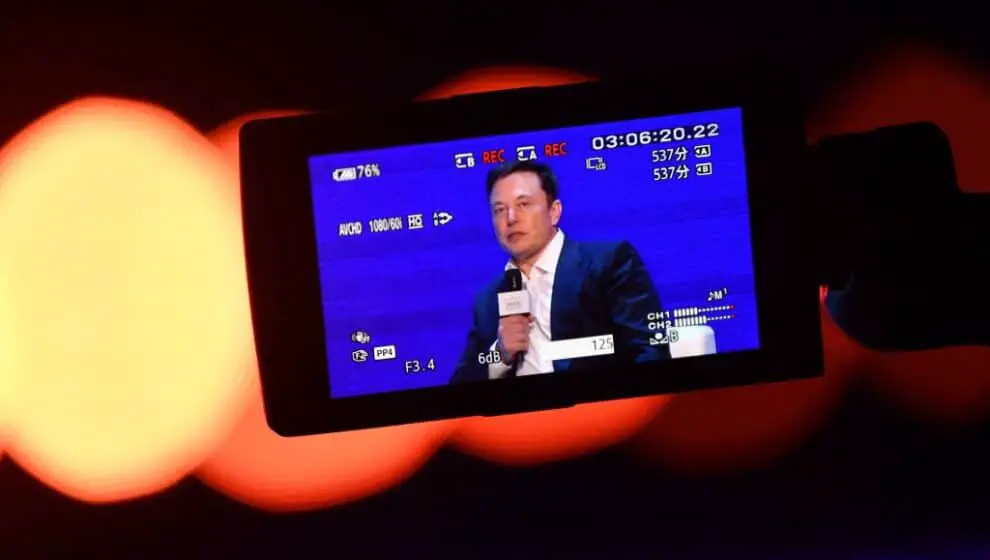Tesla and Twitter CEO Elon Musk accused China of creating COVID-19 in a lab, drawing the scrutiny of the Chinese state media.
Key Details
- The Chinese media responded to Musk after he suggested in a tweet that the U.S. government funded the creation of the COVID-19 virus in a Wuhan laboratory.
- On Sunday, Musk accused Dr. Anthony Fauci of funding gain-of-function research “via a pass-through organization.”
- According to CNBC Beijing correspondent Eunice Yoon, The Global Times sent Musk a warning that amounts to the English phrase “don’t bite the hand that feeds you.”
Why It’s News
The U.S. Department of Energy recently announced with “low confidence” that the COVID-19 virus had not spread from SARS-infected bats at the Wuhan marketplace but from some sort of lab leak from the nearby Wuhan laboratory, agreeing with the FBI’s “moderate confidence” assessment two years ago.
While Elon Musk and Tesla have made great progress in moving electric-vehicle (EV) production to the U.S. and building facilities in Texas and Nevada, a significant portion of Tesla production still happens overseas. One of the world’s largest factories is in Shanghai.
With Beijing being sensitive about the origin and spread of COVID-19, the Chinese Communist Party may be willing to act punitively against the world’s largest EV automaker.
Backing Up A Bit
The Chinese media is far from the first to criticize Elon Musk’s online activity. The billionaire visionary has gained a reputation in the past five years for his erratic behavior, smoking pot on the Joe Rogan Experience, spreading memes, and public disagreements with prominent politicians.
Musk is the CEO of five companies—Tesla, SpaceX, Neuralink, Boring Company, and Twitter—and has also played a founding role in other companies, such as OpenAI.
His purchase of Twitter in October 2022 earned him much scrutiny from the media, who regarded it as a $44-billion waste of resources without a clear vision or understanding of how social media operates. He has been criticized by Tesla investors and NASA administrators for his erratic behavior, harming the stock valuations of his companies, and missing deadlines for important projects.

